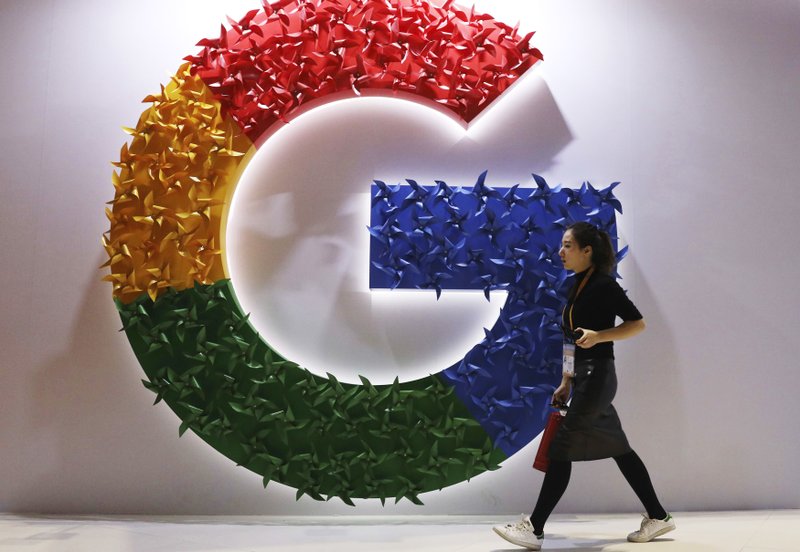The U.S. antitrust crackdown on Google might seem like deja vu for European Union regulators.
By U.S. standards, the Justice Department’s move to sue Google this week for abusing its dominance in online search and advertising was a bold move. But it treads on ground already broken years before by EU officials in Brussels.
Veterans of Europe’s antitrust tech battles welcomed the U.S. investigation and said American authorities should learn from the bloc’s experience.
“We hope U.S. authorities have paid attention to two major drawbacks of the EU investigations: the long-drawn-out process and Google’s tactics to use any loophole to avoid changing its business model,” said BEUC, a European consumer group that was a complainant to one of the EU’s Google cases, involving its shopping service.
The EU’s competition commissioner, Executive Vice President Margrethe Vestager, has slapped Google with multibillion dollar penalties in three separate competition cases in recent years. The eye-popping fines put Vestager at the forefront of the global movement to rein in Big Tech companies.
But critics say – and Vestager has acknowledged – that they haven’t done much to change the company’s behavior and have taken too long to be enforced. As a result, EU officials in Brussels are weighing up new rules and tools.
U.S. officials indicated in their lawsuit filed Tuesday that they wanted to go beyond EU-style headline-grabbing fines, which Google can easily afford, and mandating deeper changes to company practices. They asked a court to consider structural relief to remedy any competitive harm – language that suggests a possible break-up of the company.
One key takeaway from the EU’s experience is that the slow pace of antitrust investigations, lawsuits and enforcement means a company like Google has time to find ways to maintain its dominance. The first fine on Google, for example, was imposed only after seven years of investigations and negotiations.
To prevent big tech companies from digging deeper moats against competitors during such drawn-out antitrust investigations, the EU Commission has started using “interim measures” as a speedy way to halt anti-competitive behavior.
Last year U.S. chipmaker Broadcom was given such an order, requiring it to halt competition-restricting exclusive contracts with customers. This month the company formally committed to the EU that it would stop its practices.
“If you have taken out a tool of the tool box and you’ve got some experience in using it, it’s more likely you will use it again,” Vestager said when asked in a press briefing whether she would use the measures in future investigations.
The EU’s executive Commission has also been drawing up proposals for a package of sweeping new regulations aimed at digital companies.
It’s “essentially a list of dos and don’t which would apply to a small set of large gatekeepers,” Vestager said in a speech last month. They would, for example, require digital platforms to make some data accessible to other users. They would also prohibit companies from directing users to their own products or services.
Google is appealing its three EU antitrust penalties. The first came in 2017, when officials fined it 2.42 billion euros (currently $3 billion) for unfairly favoring its own online shopping recommendations in its search results.
The investigation found that Google unfairly directed visitors to its comparison shopping service, Google Shopping, to the detriment of its rivals. Regulators demanded Google change the way it provides search results in Europe.
A year later, the EU commission fined Google 4.34 billion euros for forcing smartphone makers that use its Android operating system to install Google search and browser apps. In response, Google started giving European Android users a choice of browsers and search apps.
European regulators also fined Google 1.49 billion euros last year for freezing out rivals in the online advertising business. By the time the investigation wrapped up, Google had already made some changes so regulators didn’t require a specific remedy to restore competition. But Vestager said at the time that it appeared rivals had not been able to catch up, and some were “quite small.”
EU regulators are keeping up the pressure on U.S. tech companies. They’ve opened an investigation into Amazon over whether it uses data from its platform to compete against third-party merchants. They have also opened twin investigations of Apple and its payments platform, as well as of Google’s plan to buy wearables maker Fitbit.
(AP)











